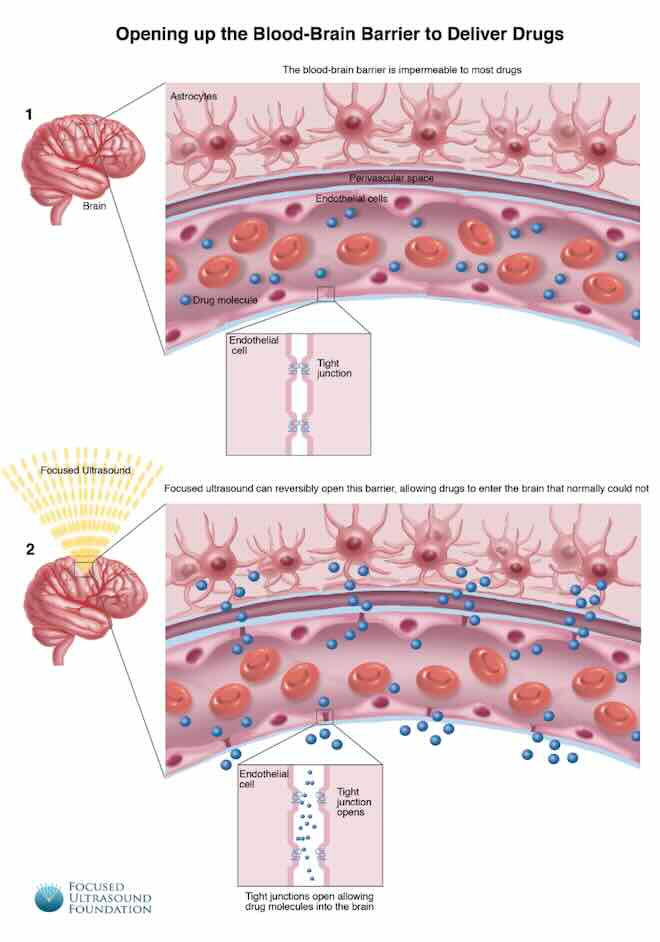Not Just For Athletes: Creatine And Children With Developmental Delays
- Lidi Garcia
- Jul 22
- 3 min read

Scientists are studying a new way to help children with creatine deficiency, a rare condition that affects the brain and can cause speech and learning difficulties. Using a technique called focused ultrasound, researchers want to deliver creatine directly to the brain, bypassing a natural barrier that normally prevents the substance from reaching it. The hope is that this will help these children's brain development.
Many have heard of creatine as a supplement used by athletes to increase muscle performance. However, what few people know is that this substance is much more than that; it is essential for the healthy functioning of our bodies, especially the brain.
Therefore, researchers at the Fralin Biomedical Research Institute in the United States are studying an innovative way to deliver creatine directly to the brains of children suffering from a rare condition called creatine deficiency, which can cause serious delays in speech, reading, and learning development.
Creatine is a molecule naturally produced by the body and essential for providing energy to cells. It acts on the brain, heart and muscles, helping to keep their functions active.

In the brain, it is responsible for participating in the production of ATP (adenosine triphosphate), which is essentially the "fuel" of cells. Furthermore, creatine can also aid communication between neurons and even protect the brain against seizures, influencing processes such as memory, concentration, and motor control.
The major problem is that, in some children with creatine deficiency, this substance fails to reach the brain in sufficient quantities, even when taken as a supplement. This is due to a natural barrier called the blood-brain barrier, which protects the brain from harmful substances such as viruses or toxins. Unfortunately, this barrier also blocks the entry of beneficial substances such as creatine.

To address this challenge, a team led by Professor Cheng-Chia “Fred” Wu is researching a technology called therapeutic focused ultrasound. This technique uses highly targeted sound waves to temporarily open small areas of the brain's protective barrier, allowing creatine (or other medications) to pass through and reach exactly where it's needed, without damaging surrounding healthy areas.
This innovative approach is already being tested as a treatment for childhood brain tumors, and now scientists believe it may also help children with creatine deficiency. Researcher Chin-Yi Chen, who is part of the project, explained that the goal is to restore normal brain development, which is essential for improving these children's cognitive and language skills.

The project is being supported by a $30,000 grant from the Creatine Deficiency Association. Initial tests are being conducted with experimental models, and the goal is to demonstrate that this new form of treatment can, in fact, allow creatine to reach the brain and normalize its growth and function.
This research is made possible by a collaboration between Virginia Tech and Children's National Hospital, recognized as Centers of Excellence by the Focused Ultrasound Foundation. This joint effort between physicians, scientists, and engineers makes it possible to transform laboratory research into a real-world treatment that could, in the future, improve the lives of many children.

Chin-Yi Chen, a researcher at Virginia Tech's Fralin Biomedical Research Institute at VTC, works in Assistant Professor Fred Wu's lab to develop a technique that uses focused ultrasound to deliver creatine directly to the brain. Photo by Lena Ayuk for Virginia Tech.
As researcher Chen herself says, "It was exciting to find a lab where research can be transformed into something that actually helps patients." The hope is that, with further research, children who currently face challenges in learning and communication will have a better chance of developing their full potential.
READ MORE:
Virginia Tech
Could a creatine boost help the brain? Virginia Tech scientists test new ultrasound therapy
By Lena Ayuk. 27 JUN 2025



Comments